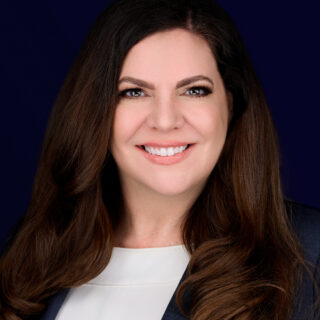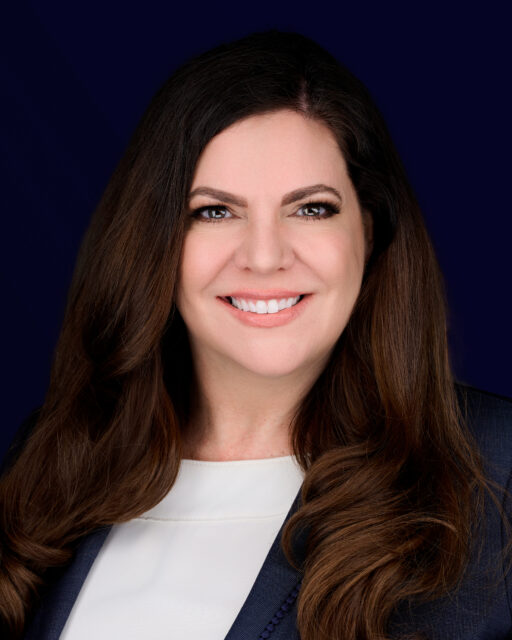The healthcare and medical professional liability (MPL) industry is undergoing significant change, driven by emerging technologies, legal challenges, and evolving care standards. At the recent MPL Association Conference in New Orleans, industry leaders, insurers, and healthcare professionals gathered to explore current challenges and future opportunities shaping the MPL landscape.
Here are the most important insights and themes from the event.
Understanding Industry Challenges
Rising Jury Verdicts
Large jury verdicts, or “nuclear verdicts,” continue to increase in frequency and severity across the healthcare sector. Conference speakers emphasized the need for proactive litigation strategies, better juror education, and collaboration between insurers, defense counsel, and healthcare providers to achieve fair judicial outcomes.
Artificial Intelligence (AI) in Healthcare
AI’s growing presence in healthcare delivery and insurance operations was another major topic. As AI-driven diagnostics, treatment planning, and claims analytics evolve, professionals must understand both the benefits and potential liability risks that accompany automation and data-driven decision-making.
Educational Highlights and Strategies
Mitigating Runaway Verdicts
Panel discussions addressed how emotions and perceptions influence jury decisions. Experts advised focusing on transparency, empathy, and presenting alternative verdict structures to help mitigate excessive damage awards. Strengthening communication between legal, claims, and clinical teams remains essential.
Data Privacy and Cybersecurity
Data protection continues to be a major concern for healthcare entities. With evolving privacy laws and heightened cyber threats, organizations are being urged to adopt stronger data management practices, invest in employee training, and establish comprehensive breach response plans to comply with current and future regulations.
The Growing Role of Artificial Intelligence in Insurance
AI’s potential to transform insurance was a major focus throughout the conference. By 2025, experts predict that AI will play a central role in claims management—helping insurers anticipate losses, prevent incidents before they occur, and refine underwriting through predictive modeling. The integration of these tools promises efficiency but also introduces new ethical and operational considerations that insurers must address carefully.
Navigating the “Gray Areas” in Healthcare Errors
The conference also explored the delicate intersection between civil and criminal liability in healthcare. The case of RaDonda Vaught, a nurse criminally charged for a medical error, sparked critical discussion around the criminalization of unintentional mistakes. Speakers emphasized the importance of creating legal and organizational systems that balance accountability with compassion, ensuring healthcare professionals can report and learn from errors without fear of prosecution.
Prioritizing Caregiver Wellness
Healthcare staffing shortages and burnout remain pressing issues. Sessions highlighted how caregiver well-being directly impacts patient safety, staff retention, and claim frequency. Leaders encouraged implementing mental health resources, adequate rest periods, and supportive workplace cultures that prioritize both staff and patient care.
Industry Outlook and the Future of MPL Claims
Looking ahead, experts anticipate continued volatility in MPL claims driven by social inflation, litigation funding, and the expanding use of technology in both care delivery and risk assessment. Collaboration between insurers, healthcare institutions, and policymakers will be crucial to managing these risks effectively. The integration of AI and data analytics is expected to reshape how claims are handled, priced, and prevented in the coming years.
The 2023 MPL Association Conference underscored a clear message: the future of medical professional liability depends on adaptability. As technology, regulation, and societal expectations evolve, insurers and healthcare providers must work hand-in-hand to promote transparency, safeguard data, and protect both caregivers and patients.
By staying ahead of these trends, the MPL community can ensure the delivery of high-quality care while maintaining financial stability and trust across the healthcare ecosystem.





